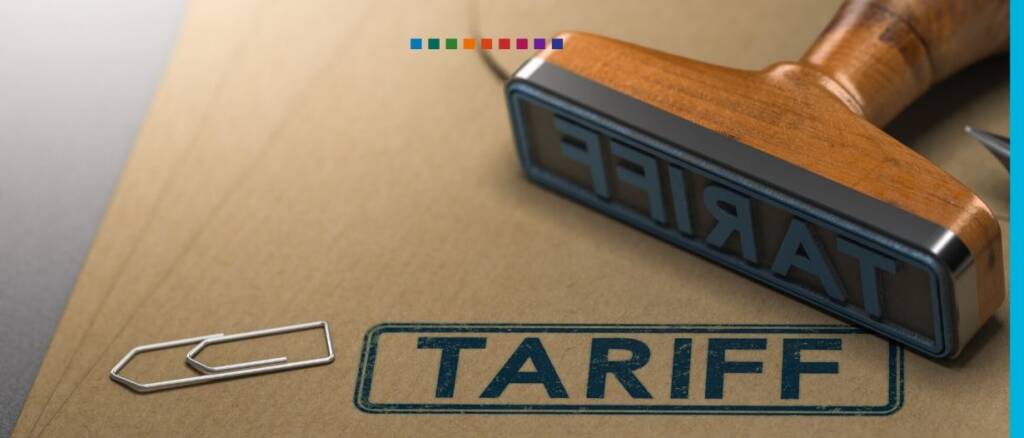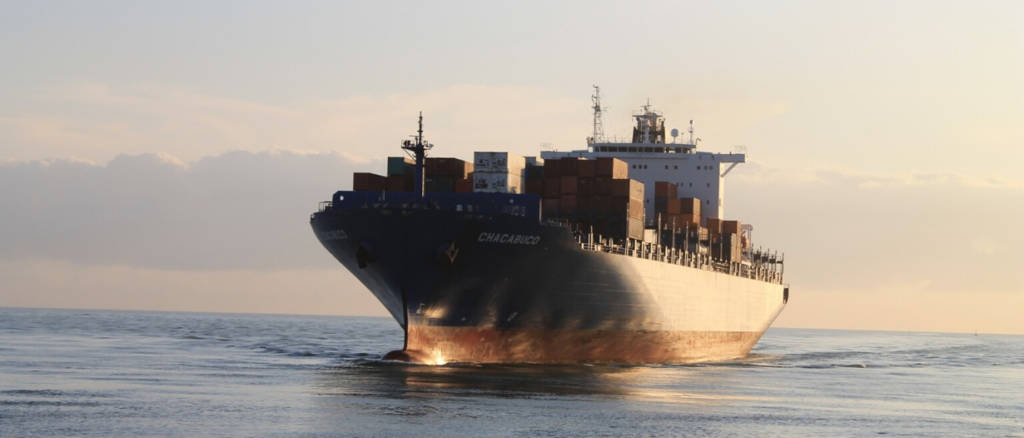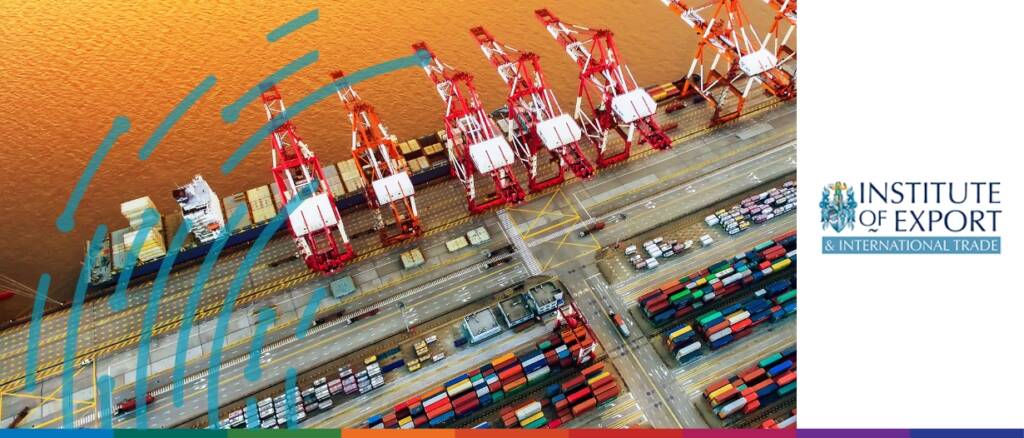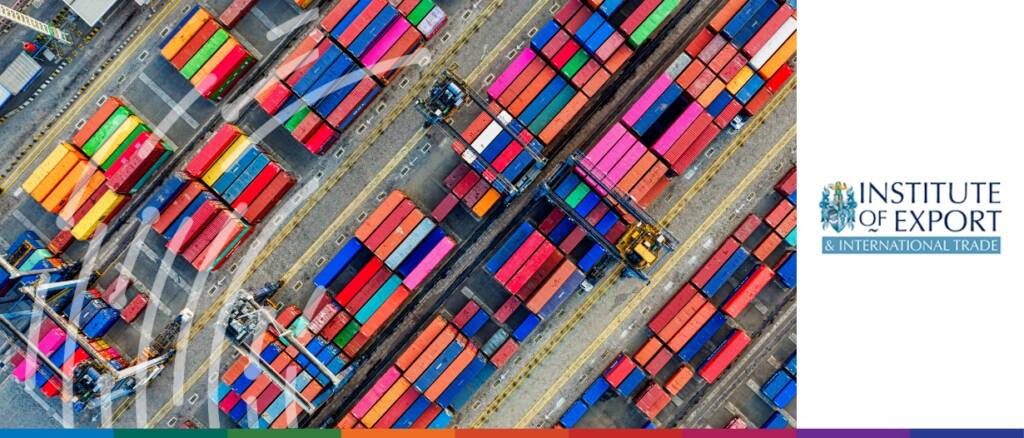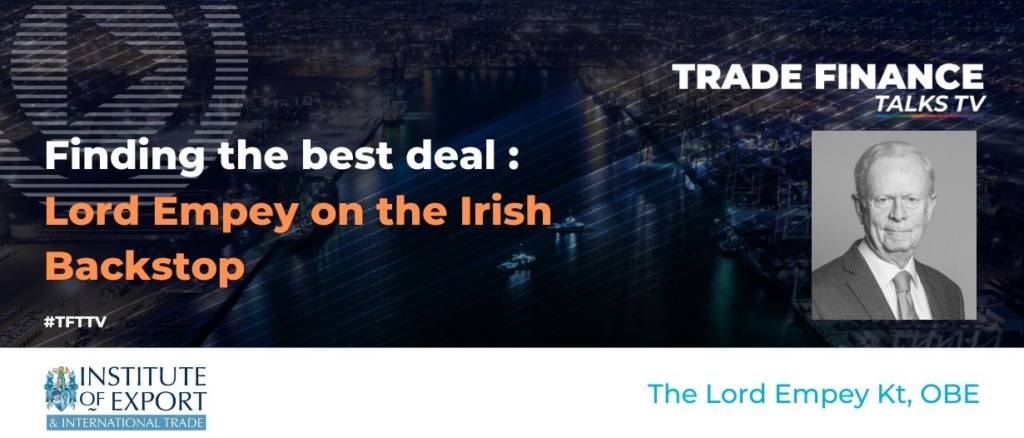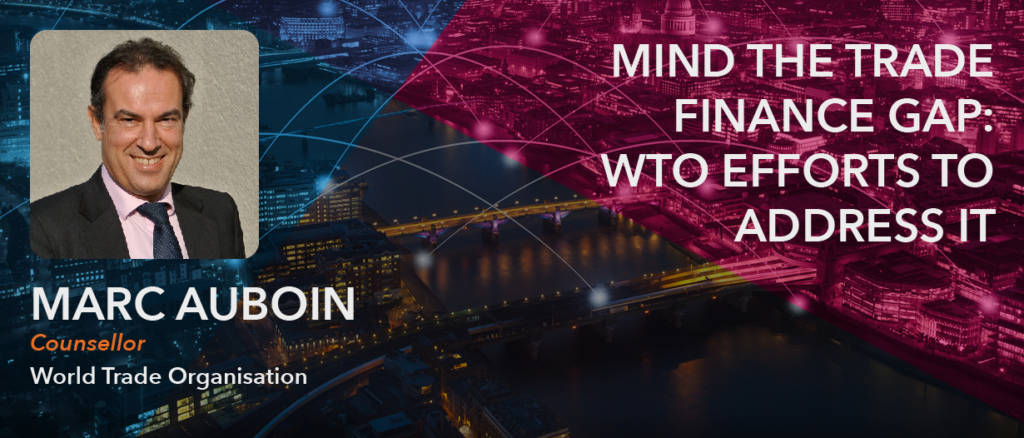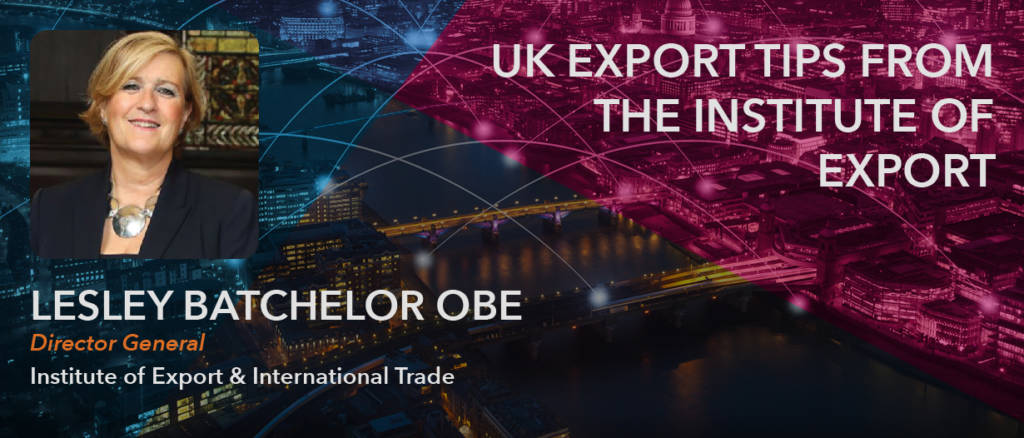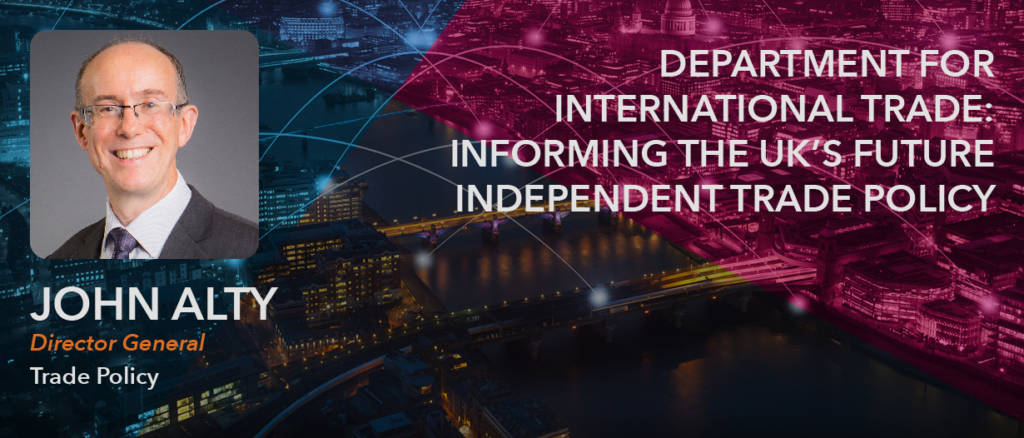The WTO issued on 6 July the latest edition of its annual publication World Tariff Profiles, which provides comprehensive information on the tariffs and non-tariff measures imposed by over 170… read more →
2020 marks the 21st anniversary of the Certificate for Documentary Credit Specialists (CDCS). LIBF’s experts in trade finance – Mike Backhouse, Alex Gray and David Morrish – explain why the… read more →
We spoke to Ronan Quigley from the British Chambers of Commerce during the World Trade Summit on 23rd October at The Law Society in London. The event took place amid growing speculation about the prospects of a winter General Election, following the Government’s defeat to its proposed timetable for the passing through of its EU Withdrawal Agreement Bill. Ronan gave us an overview of the support landscape for UK businesses, post-Brexit and discussed the new version of the Incoterms.
With the UK and EU yet to reach an agreement on their future trading relationship, it is vital goods vehicle operators are as prepared as possible for a No Deal Brexit. In this scenario, new border procedures and haulier responsibilities will come into effect immediately. Hauliers must ensure they fully understand the new road haulage procedures, documentation requirements and responsibilities that will arise; otherwise, they risk their operations coming to a standstill.
Northern Ireland and the U.K. Have a long and complicated relationship. The latter half of the 20th century was one of its most turbulent periods, as clashes between nationalist and unionist groups killed nearly 4000 people between 1968 and 1998. The violence ended courtesy of the Good Friday Agreement, signed in April of 1998…
The global trading system is in disarray. Global economic growth is slowing, half the G20 are now operating under openly protectionist agendas, and tensions between China and the United States remain high – despite faint promise of a truce earlier this year. But over in the UK, all of this is overshadowed by the continuing dispute over Brexit. The nation is bitterly divided, and we are fast approaching what could constitute a national crisis.
Access to affordable trade finance is a condition of success in international trade, to the same extent as rapid clearance of customs and efficient transportation. For decades, successful companies in developed countries have benefitted from the existence of mature financial industries distributing high volumes of finance and guarantees at low rates. Trade finance is normally a high volume and low-cost source of finance, because the risk of default is small, with a global average of 0.2%, and little difference across countries.
EORI numbers – or economic operator indicator numbers – are essential for exporters. Based off a company’s VAT number, an exporter needs an EORI in order to complete a Customs Declaration. Till now, UK businesses have not needed to complete such documentation in order to sell into Europe, but this will change with Brexit.
Our departure from the EU will give the UK the ability to take control of its own independent trade policy for the first time in more than 40 years.
Alongside the technical and industrial advances of the last 50 years, the ability to trade freely with the Single market has benefited Britain’s businesses well in recent times. So well… read more →















